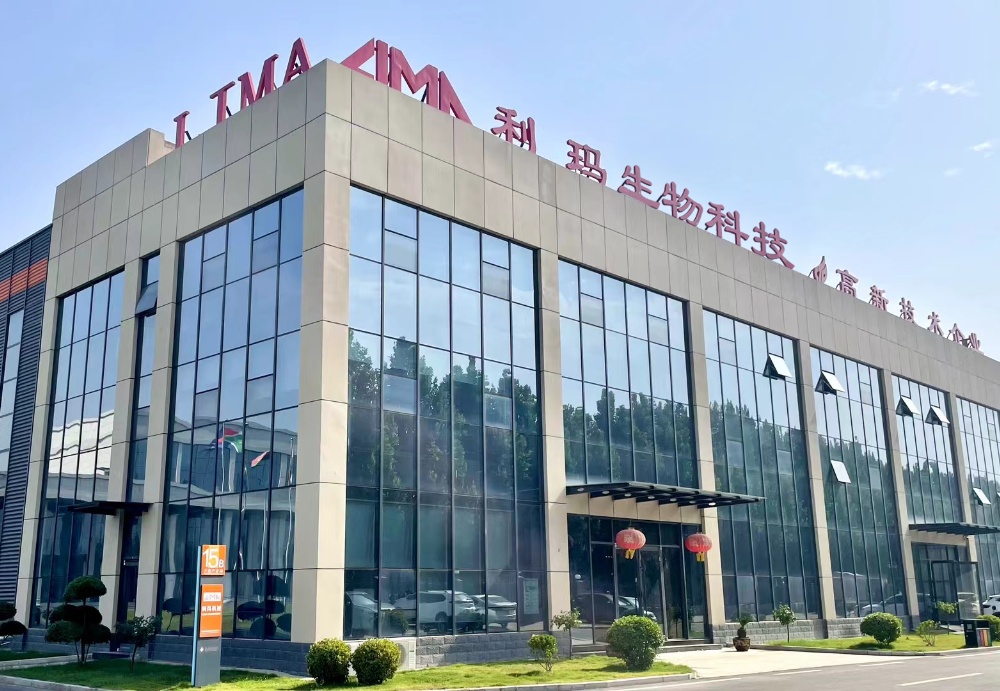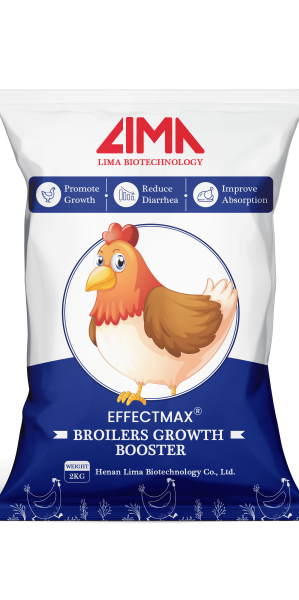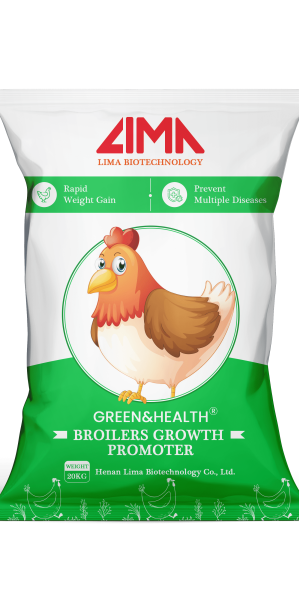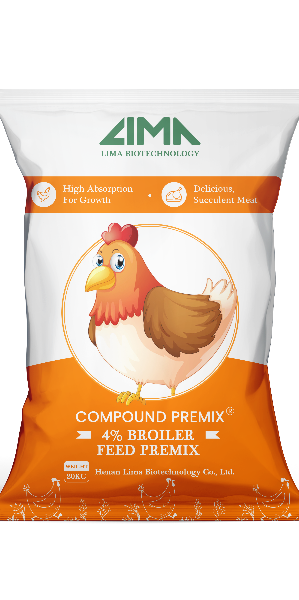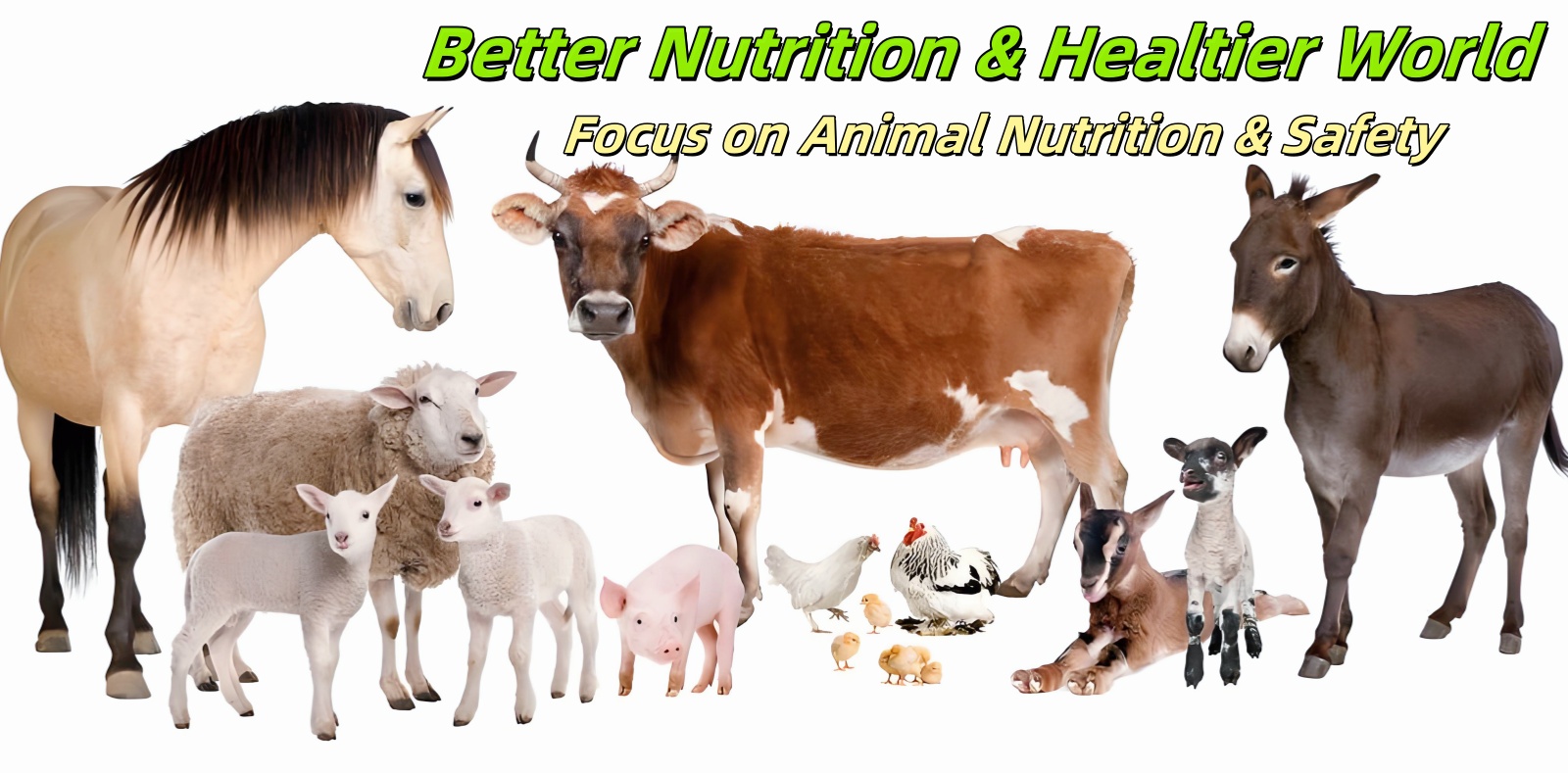The Republic of Nigeria's unique geographical location in eastern Africa, straddling the equator, has endowed the country with a rich diversity of climates and ecosystems. From the hot and humid plains of the coast, to the mild climate of the central highlands, to the arid and semi-arid regions of the north and west, this diversity has provided Nigeria with unique conditions for agricultural development. The climatic diversity has enabled Nigeria to grow a wide range of crops, from tropical fruits to temperate vegetables. At the same time, the vast grasslands and pastures provide ample resources for the development of animal husbandry. This geographic and climatic diversity has not only shaped Nigeria's rich agricultural landscape, but has also made it an important centre for the production and trade of agricultural products in the East African region.
Nigeria, the economic and cultural hub of the East African region, is experiencing significant population growth and rapid urbanisation. This macro-socio-economic trend has had a profound impact on the country's industrial structure and consumption patterns, especially in the area of food consumption. As more and more people migrate from rural areas to cities, the demand for convenient, efficient and protein-rich food is rising sharply. The dietary preferences of the urban population are shifting in favour of protein sources that are easy to cook and consume, and chicken meets this need. Per capita consumption of chicken is statistically significantly higher in urban Nigeria than in rural areas, by as much as 50 per cent. This difference in consumption has directly fuelled the growth of broiler farming, which is ideal for meeting the demands of the urban market due to its short growth cycle, high feed conversion rate and tender meat. In addition, the growing middle class in Nigeria has further fuelled the growth of chicken consumption. With rising disposable incomes, this segment of the population is increasingly demanding high-quality, healthy and safe food, creating a market for broiler products, especially value-added products that are processed and packaged. This market demand, brought about by changes in demographics and lifestyles, provides a huge opportunity for the development of efficient farming inputs such as broiler growth promoters.
Agriculture is the bedrock of Nigeria's national economy and is critical to the country's development and livelihoods. The sector contributes about 24 per cent of the gross domestic product (GDP), is the largest foreign exchange earner and provides employment and livelihoods directly or indirectly to about 75 per cent of the country's population. The Government of Nigeria has always prioritised investment in the agricultural sector as it is not only related to food security but is also closely linked to a number of other sectors of the economy such as manufacturing, which provides most of the raw materials for the manufacturing sector and creates a wide market for its finished products. In such an agriculture-dominated economy, the livestock sector is particularly prominent. Livestock is not only an important component within the agricultural sector, but also a key engine for agricultural modernisation and economic growth. Poultry farming, as a branch of the livestock sector, is of increasing strategic importance. With the sustained broiler growth booster in demand for poultry meat and eggs in both domestic and foreign markets, the poultry sector has emerged as one of the most vibrant and growth potential segments in Nigeria's agricultural sector. This trend has not only attracted a large number of farmers to engage in poultry farming, but also led to the rapid development of the feed, veterinary medicine, breeding equipment and other related industrial chain, forming a complete and professional production system.
Modernisation and transformation of agriculture and animal husbandry
Nigeria's agricultural sector plays a pivotal role in the national economy, accounting for about 24 per cent of the gross domestic product (GDP). This share underscores the importance of agriculture as the backbone of the economy, not only as a basic guarantee of national food security, but also as a core industry that absorbs labour, promotes rural development and generates foreign exchange earnings. Within agriculture, animal husbandry occupies an extremely important position, contributing 55 per cent of agricultural GDP. Poultry farming, as a key component of the livestock sector, accounts for 30 per cent of the total livestock output, demonstrating its significant weight in the agricultural economy. Nigeria's agricultural production system is characterised by diversification from traditional subsistence farming to modern commercial farms. The main agricultural products include cash crops such as tea, coffee, flowers, fruits and vegetables, which are important sources of export earnings for Nigeria. At the same time, the production of food crops such as maize and pulses is critical and directly related to the country's food security. In recent years, with population growth and accelerated urbanisation, the increasing demand for animal protein has driven the rapid development of the livestock industry, particularly poultry farming, which has become an important direction in the modernisation and transformation of agriculture.
Livestock is playing an increasingly important role in the modernisation of Nigeria's agriculture and has become a key driver of growth in the sector as a whole. Livestock not only contributes 55 per cent of agricultural GDP, but also provides a large number of employment opportunities in the country, especially in rural areas. As Nigeria's economy continues to grow and the standard of living of the population improves, there is an increasing demand for animal protein such as meat, milk and eggs, which provides a strong market impetus for the development of the livestock sector. Poultry farming is particularly strategic as one of the fastest growing sub-sectors in the livestock sector. Consumption of chicken, the most popular white meat, is expected to grow significantly in the coming decades, creating tremendous opportunities for the broiler farming industry . In order to meet the growing market demand, the Nigerian livestock sector is undergoing a transition from traditional, low-input farming models to modern, intensive and efficient production systems. This transition is reflected not only in the improvement of farming techniques and management, but also in the increasing demand for modern inputs such as quality feeds, veterinary drugs and farming equipment.
Poultry farming is of irreplaceable strategic importance in Nigeria's agricultural and economic development. Firstly, it is a major source of meeting the growing domestic demand for animal protein. With increasing urbanisation and the rise of the middle class, chicken consumption in Nigeria is showing strong growth and is expected to triple by 2050 . Poultry farming, especially broiler growth booster farming, is the most effective way to meet this huge market demand due to its short production cycle, high feed conversion rate and significant economic benefits. Secondly, poultry farming has created a large number of jobs in Nigeria, especially in rural areas, providing a source of livelihood for millions of people. This has not only contributed to poverty reduction but also to the diversification of the rural economy. In addition, poultry farming is closely linked to the country's food security. By converting crop by-products (e.g. by-products of maize and wheat) into high-value animal proteins, poultry farming improves the efficiency of the use of agricultural resources and makes an important contribution to ensuring national food security. Finally, the export of poultry products has also generated considerable foreign exchange earnings for Nigeria, enhancing the country's competitiveness in the international market.
Poultry Farming in Nigeria: Opportunities and Challenges
The Nigeria poultry sector is facing unprecedented market opportunities, with the core driver being the continued rapid growth in domestic chicken consumption. This growth trend is driven by a combination of several factors. Firstly, Nigeria's rapid urbanisation and expanding middle class has dramatically changed the dietary structure and consumption habits of the population. There is a growing demand for convenient, healthy and high-protein foods, and chicken is a perfect fit as a relatively affordable, easy-to-cook white meat. Secondly, modern consumers are increasingly concerned about healthy eating, and chicken is seen as a healthier option than red meat due to its lower fat content and rich protein content, which further drives its consumption growth . In addition, the rapid expansion of modern retail channels such as fast food chains, hotels, catering services and supermarkets has created a steady and huge market demand for chicken products. These channels require a large, consistent, and standardised supply of chicken meat, which is driving the growth of commercial broiler farming. Market research predicts that chicken consumption in Nigeria will triple by 2050, creating huge growth and profit potential for farmers and the related chain.
Despite the promising market, poultry farmers in Nigeria, especially small and medium scale farmers, still face a number of serious challenges in their production process. Among them, feed cost is the most significant constraint to the growth of the industry. Feed costs usually account for about 70 per cent of the total cost of broiler production, and in recent years, due to fluctuations and increases in the prices of major feed ingredients such as maize and soya beans, farmers' production costs have increased sharply, and their profit margins have been severely compressed . Many farmers have thus been forced to give up poultry farming . Secondly, disease risk is another great challenge. Any outbreak of avian infectious diseases such as Newcastle Disease and Infectious Bursal Disease (Gumboro) may lead to massive mortality of chickens, causing devastating economic losses to farmers . While vaccines and biosecurity measures can be effective in controlling diseases, the cost and technical barriers to implementing these measures remain high for many resource-constrained farmers. Finally, financial and resource constraints are also important bottlenecks that restrict farmers from expanding their production scale and upgrading their farming level. Many farmers lack sufficient capital to purchase quality chicks, feed and equipment, and have difficulty in obtaining financial support such as bank loans, which makes it difficult for them to cope with market fluctuations and expand their reproduction.
Nigeria Broiler Growth Promoter Market Demand and Growth Trends
In the Nigeria broiler industry, improving productivity has become a core requirement for farmers to survive and thrive, which has led to a huge demand for Broiler Growth Booster (BGB). Nigerian farmers face multiple pressures, the most prominent of which is the high cost of feed, which typically accounts for 70 per cent of total production costs. With such high cost pressures, any technology or product that can improve feed conversion ratios (FCR), shorten the cycle time and reduce mortality is highly attractive. Broiler growth promoters, such as enzymes, probiotics and plant extracts, are effective in increasing productivity by improving digestion and absorption, enhancing immunity and reducing disease incidence. For example, some enzymes can break down anti-nutritional factors in the feed, releasing more energy and nutrients, thus improving feed utilisation efficiency. Probiotics, on the other hand, can improve intestinal health by regulating the balance of intestinal flora, promoting nutrient absorption and reducing losses due to intestinal diseases. Therefore, the use of growth promoters has become a key strategy for Nigerian farmers to improve profitability and achieve sustainable development in the face of high feed costs and fierce competition in the market.
The broiler growth promoters market in Nigeria exhibits significant growth potential and has a very positive outlook. This growth potential is based on several drivers. Firstly, the continuous expansion of the poultry farming industry in Nigeria provides a strong base for the growth promoters market. With the growing consumption of chicken meat, which is expected to triple by 2050, the need for farmers to improve production efficiency will continue to drive the demand for various growth promoters. Secondly, modernisation of farming practices is also giving new impetus to the market growth. More and more farmers are shifting from traditional extensive management to scientific and refined modern farming, and they are more willing to accept and use high-tech products that can bring clear economic benefits, such as complex enzyme preparations and functional probiotics. In addition, consumers' increasing demand for food safety and quality will accelerate the substitution process of natural and non-antibiotic growth promoters for traditional antibiotic products, creating favourable conditions for the market penetration of related products. From a comprehensive point of view, the Nigerian broiler growth promoter market is in a fast-growing channel, and is expected to maintain a high growth rate in the next few years, providing a broad market space and development opportunities for domestic and foreign enterprises.
Why Choose Lima Broiler Growth Promoter
When raising broiler chickens, the key is to ensure that each chicken grows healthily and gains weight efficiently. This broiler growth promoter is your reliable assistant throughout the entire process, from chick to adult chicken, providing comprehensive care with noticeable results.
3-7 Days
During the critical early stage of broiler chicken growth, this product plays a vital role. On one hand, it effectively enhances feed absorption, ensuring every gram of feed is fully utilized, significantly reducing feed waste and preventing nutrient loss. On the other hand, it precisely addresses common nutritional diarrhea issues in chicks, helping to form well-formed droppings and establishing a healthy digestive foundation for the chicks, giving them a head start in their growth journey.
14 Days
By 14 days old, broiler survival rate is a critical indicator of farming success. This growth promoter demonstrates powerful efficacy at this stage, significantly improving broiler survival rates, reducing early losses, and providing greater assurance for your farming operations.
Brooding Period
During the brooding period, the appearance of broiler chickens is a direct reflection of their health. After using this growth promoter, the scales on the chickens' toes become shiny and lustrous, and their feathers exhibit vibrant color and smooth texture, clearly indicating robust growth from the outside.
Fattening Period
During the fattening period, which determines farming profitability, the advantages of this growth promoter are fully evident. It effectively regulates the intestinal environment of broiler chickens, creating an optimal habitat for beneficial bacteria, thereby enhancing the efficient absorption of nutrients; simultaneously, it significantly improves feed utilization, reduces feed waste, and lowers farming costs.
It also enhances the disease resistance of broiler chickens, reduces the incidence of diseases, thereby decreasing the frequency of medication use and mortality rates, making farming more hassle-free; Additionally, it significantly improves the chickens' stress resistance, enabling the flock to maintain stable growth even under environmental changes, ensuring high-yield and high-quality production.
Choose this broiler growth promoter to ensure worry-free broiler farming throughout the entire process and achieve high efficiency effortlessly.
Conclusion
Promoting broiler chicken growth in Nigeria holds significant importance for local poultry farmers and the entire broiler chicken industry. By understanding broiler chicken growth patterns, using growth promoters appropriately, selecting suitable growth enhancers, and adopting optimal farming practices and growth acceleration techniques, farmers can effectively enhance broiler chicken growth rates and farming efficiency.
In future broiler farming, farmers should continuously learn from and adapt successful experiences, combine local conditions, and optimize farming strategies to drive the sustained and healthy development of Nigeria's broiler industry. Meanwhile, relevant authorities should strengthen guidance and support for broiler farming, providing farmers with more technical and information services to jointly promote the prosperity of the broiler industry.
- About Lima Biotech
- Careers-Lima Biotech
- Code of Conduct-Lima Biotech
- Conditions of Sale-Lima Biotech
- Contact-Lima Biotech
- Cookies Policy-Lima Biotech
- Find Agent-Lima Biotech
- Global Warehouses
- Investor Relations-Lima Biotech
- Legal Information-Lima Biotech
- Privacy Policy-Lima Biotech
- Success-Lima Biotech
- Sustainability-Lima Biotech
- World Class Manufacturing-Lima Biotech













